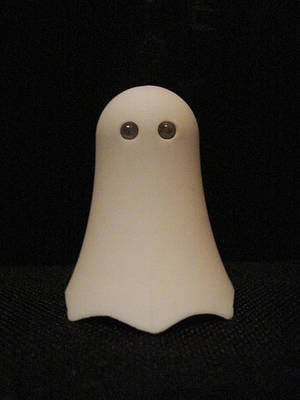 Researchers at the university of California have found that even individuals with highly superior autobiographical memory fall for tricks designed to produce false memories.
Researchers at the university of California have found that even individuals with highly superior autobiographical memory fall for tricks designed to produce false memories.
It has been known for a long time that the human memory isn't particularly accurate. When we remember something, it's not just like playing back a film clip- we have to reconstruct the event, and this give opportunity for false memories. But for the first time, this study, published in PNAS, has tested people with astonishing memories for their own lives.
This group of people can recall events that happened on any given day of their life, from mid-childhood. They can remember what day a given date falls on, what they had for lunch that day, and any big events that occurred. For facts that can be checked, they are right 97% of the time. But it turns out that having such an amazing memory doesn't make you immune to false memories.
One of the classic ways of producing a false memory is to give people a list of related words, but miss out the most obvious word they all link to-so you might say: sugar, sour, honey, candy, but not say sweet. When asked to remember the words, a high proportion of people will say that sweet was presented, and be very confident about that answer. This study found that the 'super-rememberers' were just as likely to be fooled by this task as normal controls.
They also tried several other false-memory tasks: for one they showed participants a video followed by them reading a story about the video in which some of the details had changed; in another they asked them about real events for which there was no video footage- commonly people report seeing it anyway.
In all the tests they used, the super-rememberers were just as likely to be fooled as the control participants, and in some circumstances, more likely. This is important because it suggests that they use the same process as everyone else when remembering things, despite their incredible ability. There must be little or no mis-information about their lives, which allows them to give such reliable answers normally.










Comments
Add a comment